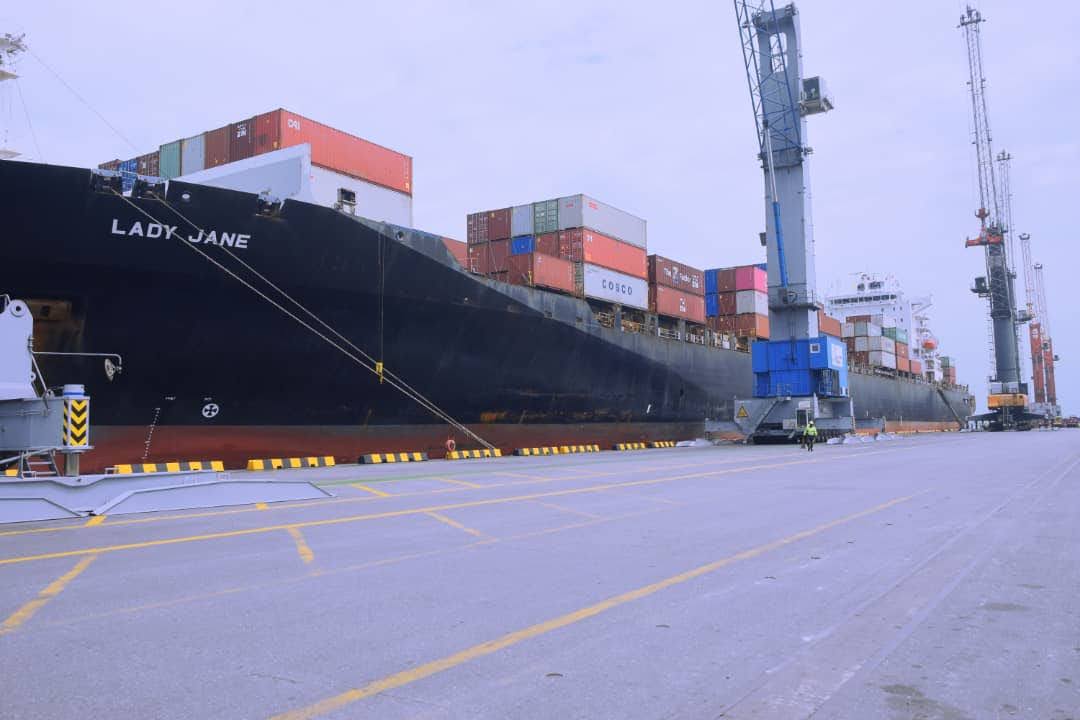
…Tariffs elimination to increase GDP of Nigeria, others by 3%’
The United Nations Conference on Trade and Development (UNCTAD) yesterday, called on Nigeria and other African countries to give serious attention to the issue of Rules of Origin (RoO), citing that they could “make or break” the African Continental Free Trade Area (AfCFTA).
RoO are the criteria which establish the nationality of a product. The criteria have been used by many African countries to gain preferential treatment while trading with other blocs like the European Union and the United States.
The continent possesses a number of regional economic communities (RECs – UNCTAD lists eight), each of which has its own RoO. The problem is that these existing RECs’ RoO vary a lot. This has created an extremely complex situation across the continent.
According to the new report, UNCTAD noted that though Rules of Origin are rules that determine the country of origin of goods and are essential to the free circulation of goods in preferential trade areas, it is one of the aspects of trade that people don’t really talk about.
Besides, UNCTAD said total elimination of tariffs under the AfCFTA could increase Gross Domestic Product (GDP) of every African country by three per cent, adding that appropriately designed RoO could significantly boost intra-African trade.
The AfCFTA is expected to lead to the creation of a single continental market of more than 1.3 billion people, with a combined annual output of $2.2 trillion. The transition phase to the Continental Free Trade Area alone could generate welfare gains of $16.1 billion and boost intra-African trade by 33 per cent
The report titled, “The Economic Development in Africa Report 2019,” stated that rules of origin could be a game changer for the continent as long as they are simple, transparent, business friendly and predictable.
With currently intra-African trade is standing at 15 per cent, the report estimated that if the agreement is accurately implemented, the GDP of most African countries could increase by one to 3 per cent once all tariffs are eliminated.
UNCTAD’s Secretary-General Mukhisa Kituyi said: “The AfCFTA is a landmark achievement in the continent’s history of regional integration and is expected to generate significant gains. But it is the rules of origin that will determine whether preferential trade liberalization under the AfCFTA can be a game changer for Africa’s industrialisation.”
While AfCFTA is expected to boost intra-African trade by 33 per cent, many of these gains could be undermined if rules of origin are not appropriately designed and enforced to support preferential trade liberalization, UN said.
Preferential trade liberalization is the raison d’être of a free trade area (FTA), whereby member countries scrap import tariffs and quotas among themselves on most traded goods, in order to confer a competitive advantage to firms within the FTA.
But to qualify for such preferences, firms within the FTA must meet rules of origin requirements.“Rules of origin are the cornerstone for the effective implementation of preferential trade liberalization, the critical policy tool needed to make any FTA operational and are of vital importance in creating opportunities for African LDCs to boost trade,” Kituyi said.
Considering that member countries would be reduce importation from abroad, the report noted that more trade would be created within the AfCFTA, serving as a base to support the development of regional value chains and the building of manufacturing capacities in Africa.






